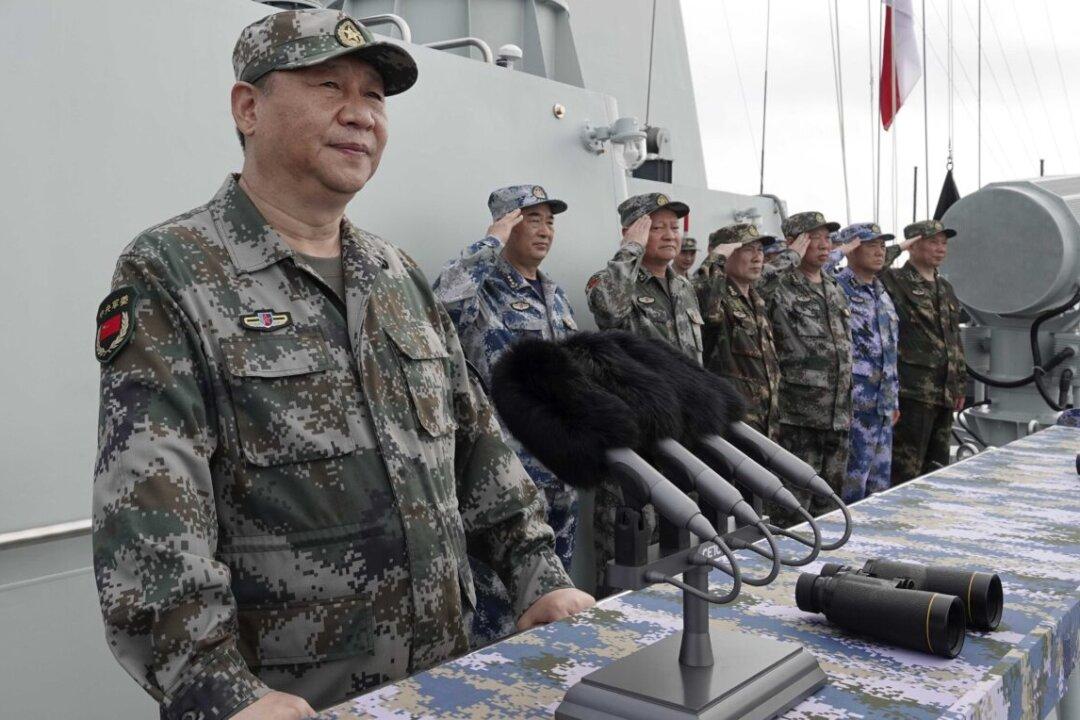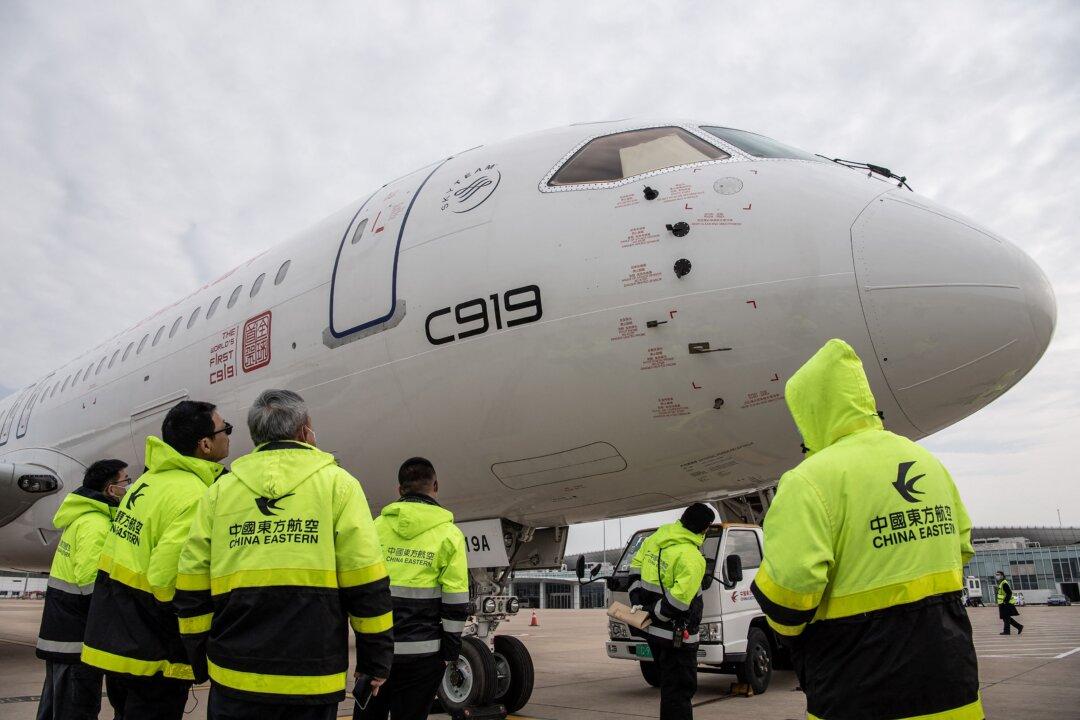Commentary
Malaysia, a country that usually maintains good relations with China, got a little taste a few days ago of Beijing’s “creeping assertiveness.” On June 1, a fleet of Chinese military aircraft, flying in a tactical formation, flew to within 60 nautical miles of eastern Malaysia, within Malaysia’s exclusive economic zone in the South China Sea. The Malaysian air force subsequently scrambled several of its fighter jets to intercept these aircraft.





